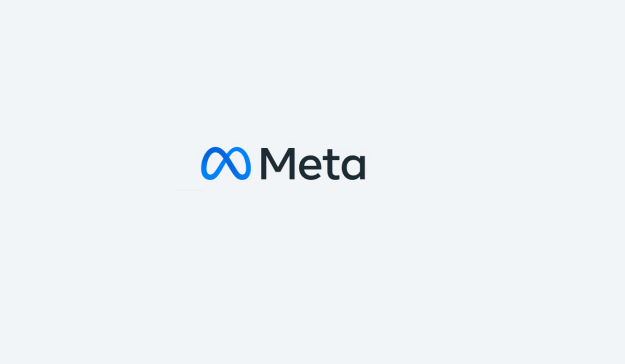With Apple’s ATT data privacy update changing the game for app-based advertisers, Meta has been one of the biggest losers, with the company projecting up to $10 billion in revenue loss this year alone based on the amount of users opting out of data tracking in its apps.
Of course, part of that is due to Meta’s poor reputation on data privacy and protection, with the high-profile Cambridge Analytica case, in particular, shining a light on the platform’s past lax privacy measures, which have led to misuse.
But Meta has evolved its processes, and it’s now looking to ensure that it’s providing more data-protective solutions that will help advertisers maximize their campaigns, while also aligning with broader industry shifts.
On this front, Meta has today outlined a range of new ad measures, beginning with a new element within its Advantage ad suite, which incorporates Meta’s various ad automation and AI-based tools.
As explained by Meta:
“We’re rolling out Advantage custom audience, a new targeting automation product that leverages an advertiser’s Custom Audience to reach new and existing customers. This is similar to Lookalike audiences that find people who are likely to be interested in your business, except that Advantage custom audience goes beyond the 1%, 5% or 10% similarity ranges you are used to, while also prioritizing delivery of ads to people in your Custom Audience.”
Expanding the matching depth for Custom Audiences could be big, with the process guided by Meta’s evolving machine learning tools to help maximize campaign performance with less manual effort.
Many performance advertisers have noted the improvement in Meta’s automated targeting tools, and with broader matching options to work with, it could be a good way to improve reach and response. Likely worthy of an experiment at least.
Meta’s also updating its Click to Messenger ads, with a new optimization that will target users more likely to make a purchase via a message thread.
“Typically, we show Click to Messenger ads to people who are most likely to initiate a conversation with a business on WhatsApp, Messenger or Instagram Direct. With this update, we’re introducing the ability for advertisers to run Click to Messenger ads which will reach the people who are most likely to make a purchase in a thread.”
That adds another dimension to Click to Messenger targeting, which could help to optimize reach to people that are more likely to buy in-stream. Meta’s also adding a new ad format for lead generation which will funnel customers to either Messenger or a form, depending on which one the customer is most likely to interact with.
Meta’s also made improvements to its privacy solutions, including its Private Lift Measurement product. While at the same time, it’s also been working with various academics to study the impacts of the privacy shift.
“For example, we collaborated with academics from Northwestern University and the University of Chicago to better understand the value of offsite data for ads personalization, in part to help guide the development of solutions that leverage privacy-enhancing technologies. The research reveals that advertisers’ costs increased by 37% when removing offsite data from the ad delivery system with outsized impact on smaller advertisers in CPG, retail, and e-commerce, who are often more reliant on digital performance advertising than larger, more established companies.”
So while Meta’s working to build more privacy-protective processes, it’s also looking to highlight the impacts that these changes will have on the broader industry, as it pushes the big platforms to factor such into their future changes and shifts.
Finally, Meta’s also looking to help advertisers to prepare for the next stage of digital connection, partnering with Coursera on a new, free course called “What is the metaverse?”
“This course explains what the metaverse is, what we know about it today and what it means for the future of work, play and life. We’re working with partners like Coursera to give people, businesses, creators and developers the tools needed to succeed as the metaverse takes shape.”
Though you will be getting Meta’s interpretation of what ‘metaverse’ means, which may not be exactly how it plays out. Meta’s increasingly keen to impress its vision of the metaverse future onto anyone who’ll listen, but it’s also important to note that the metaverse does not exist, and will not exist in a fully-functional, interoperable way for some time yet.
Still, it may be worth tuning in, and getting some insight into Meta’s future vision, and how it relates to advertising and brand reach.
You can pre-enroll to the new ‘What is the Metaverse’?’ course here.



